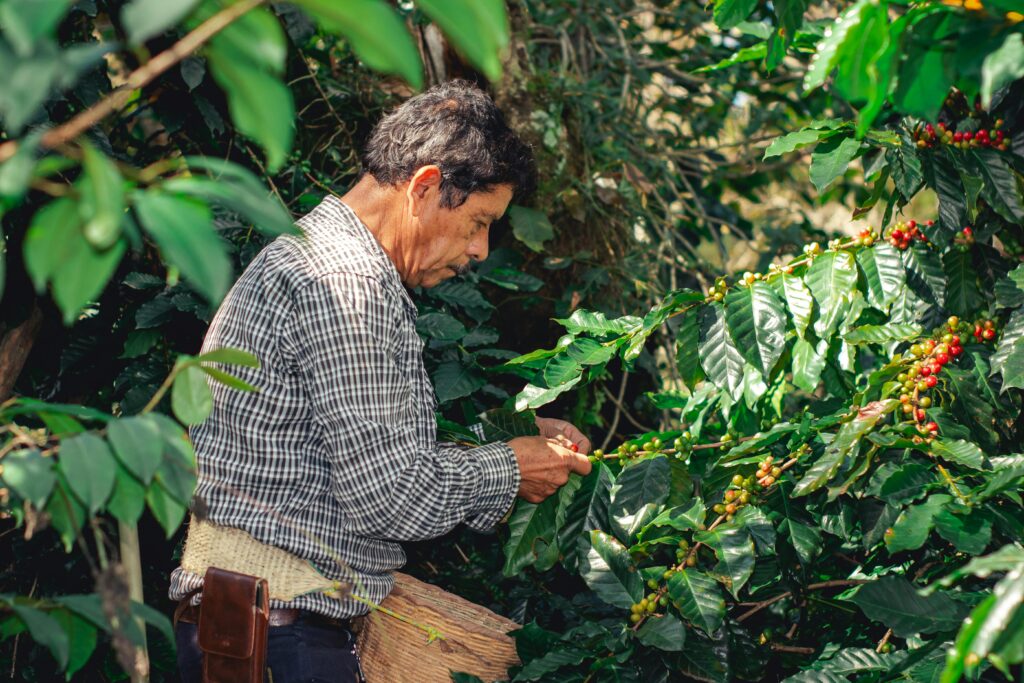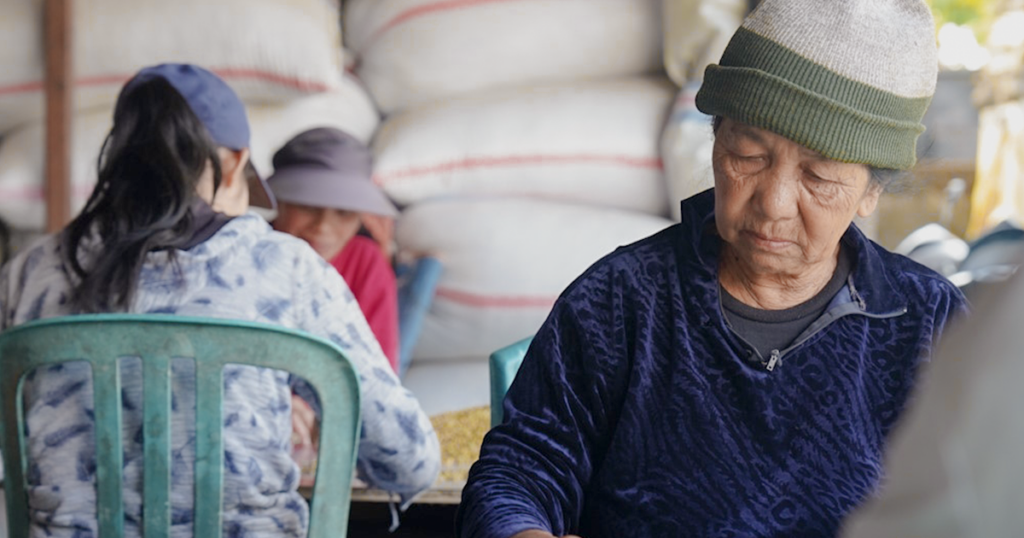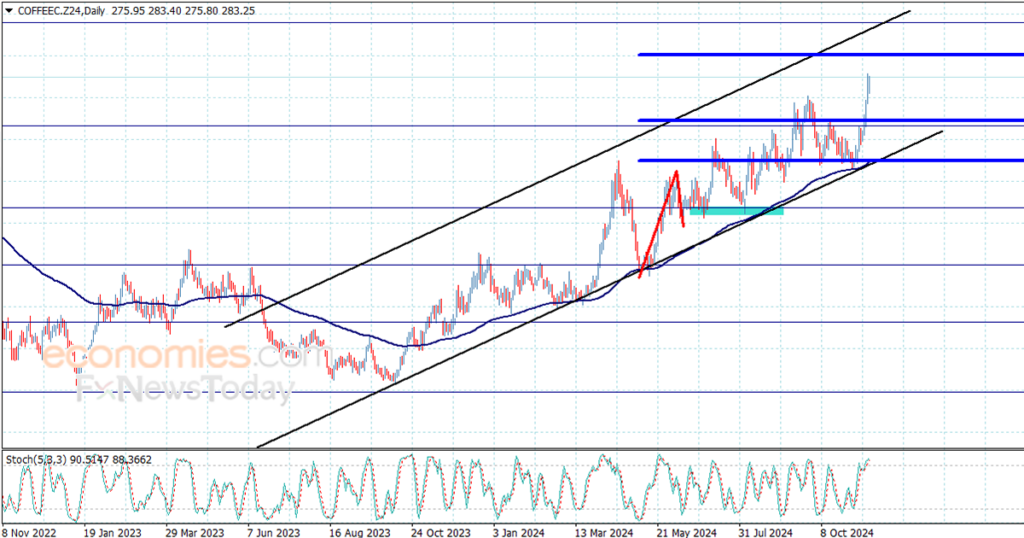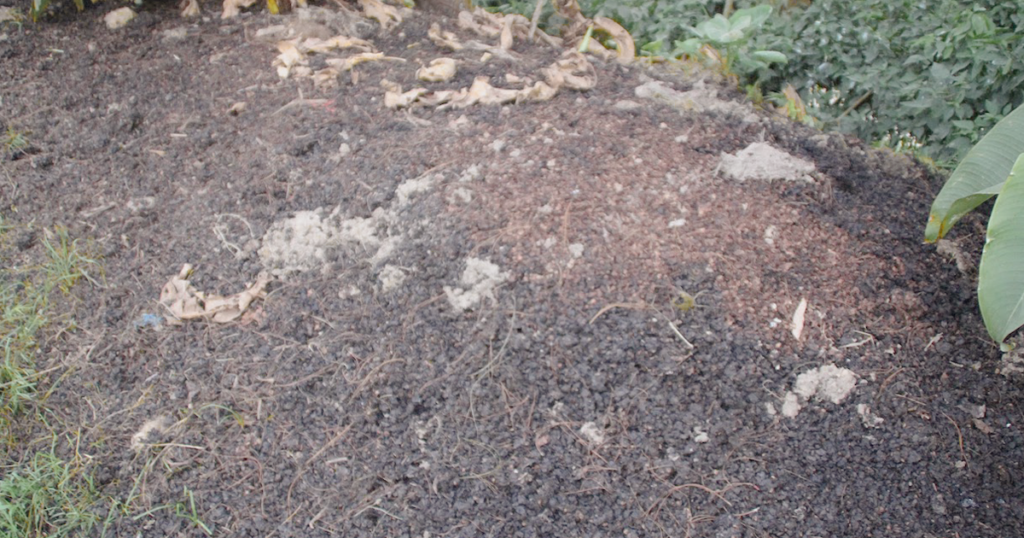nEWS
Your Coffee Might Cost More Soon—Here’s Why

If you rely on your daily cup of coffee to kickstart your morning, you might want to brace yourself—prices could be going up due to ongoing tariff tensions.
Recent shifts in U.S. trade policy, particularly those tied to former President Donald Trump’s fluctuating tariff plans, have rattled financial markets and sparked concern over how tariffs might affect the cost of everyday goods—including coffee. Coffee remains a staple for most Americans, and while price hikes don’t usually change how much people drink, it could affect where they get it. Higher prices might steer some coffee lovers away from their local café in favour of brewing at home.
Because coffee plants thrive in tropical climates, the U.S. doesn’t produce much of its own supply. Most of the beans consumed nationwide are imported—over 99%, according to the National Coffee Association. That leaves American consumers vulnerable to global price changes and trade decisions. According to the USDA’s latest data, the U.S. gets the bulk of its coffee from Brazil (32%), Colombia (20%), Vietnam (8%), and Honduras (7%). These imports typically carry a 10% tariff. Although Vietnam had previously faced a steep 46% tariff, that has been temporarily paused.
While most imported coffee arrives as green beans and is roasted domestically, the industry generates significant value for the U.S. economy—each dollar spent on imported coffee contributes $43 in domestic economic activity, the NCA reports. But there’s more pressure ahead. Unfavourable weather has already led to lower yields of Arabica beans, the smoother variety preferred by many coffee drinkers. Brazil, a top Arabica producer, is shifting more attention to growing robusta beans—usually found in espresso blends and instant coffee—due in part to tariffs affecting Vietnamese coffee. “Tariffs are likely to add more uncertainty to the coffee market and could worsen existing supply issues,” said Priyanka Sachdeva, a senior analyst with Singapore-based brokerage Phillip Nova, in a statement to Bloomberg before the latest tariff pause. “We may see U.S. prices climb, particularly for products made with robusta.”





